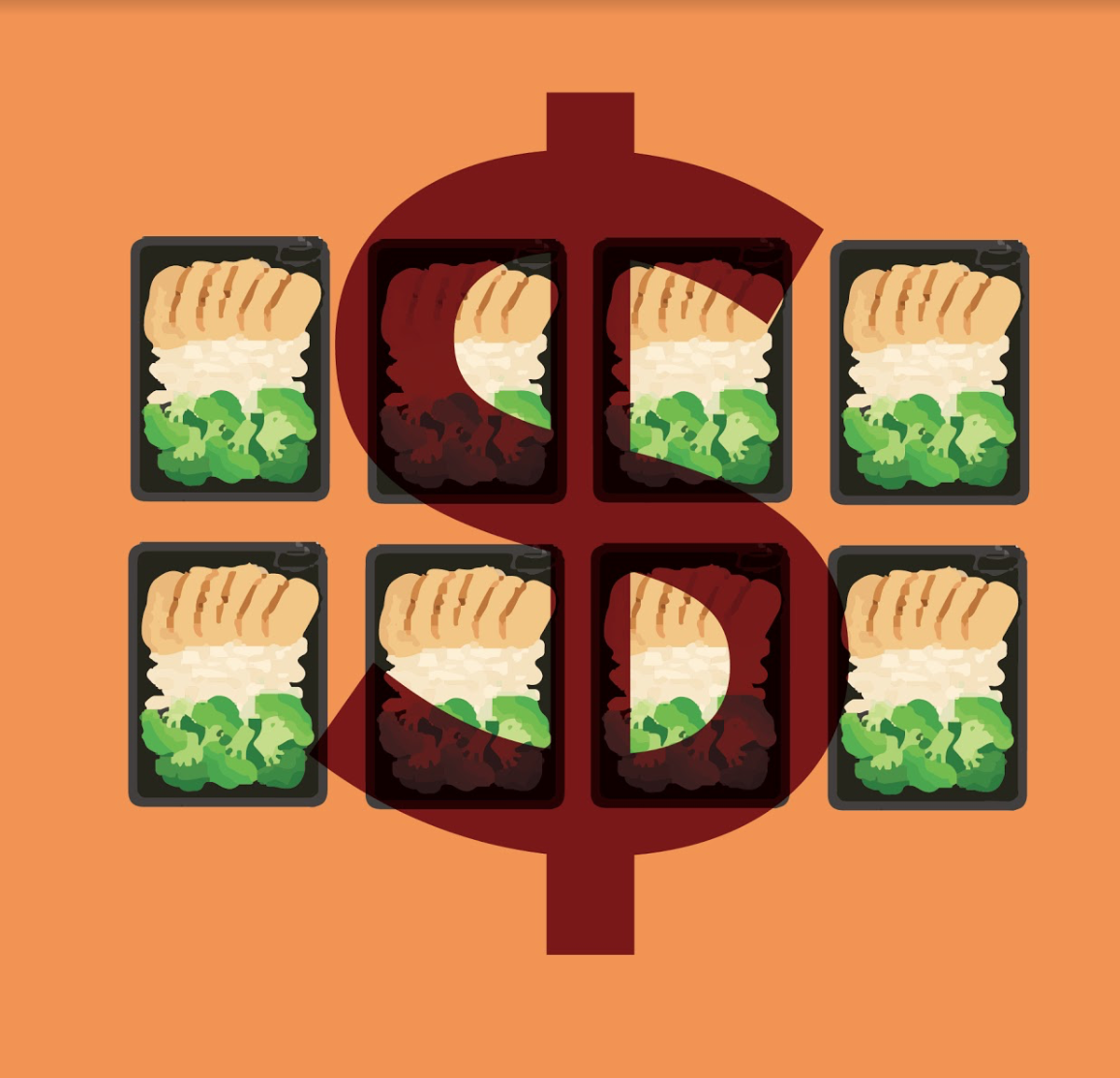Healthy eating can seem like a stretch between classes, homework, friends, work, and all the other daily chaos that college students endure, not to mention the price tag. Healthy eating, however, is important in a lot of ways, not the least of which being that it provides energy and nutrients that junk foods simply cannot. To help combat these issues, here are some tips and tricks to help eat smart on a college budget.
Firstly, meal planning is a must. And yes, you need to be specific. One day when you are sitting down binge-watching a Netflix show or procrastinating doing the essay you were assigned a week ago, set aside some time to meal plan for the coming week. It will not take very long, especially if you have a list of meals set aside in your arsenal.
Meal planning can be hard for some because they simply cannot find good, easy recipes that work for them. Websites such as Food Network, Budget Bytes, and Fit Foodie Finds can help with this, as they offer quick-prep, healthy and satisfying recipes for people on a budget. Try Fit Foodie’s Vegetarian Kung Pao Quinoa Bowls, Budget Bytes’ Spinach Feta Grilled Cheese ($3.40 recipe!) or Food Network’s Oven Fries or Low-Calorie Fettuccine Alfredo!
Make a grocery list of what you need, taking note of what you already have, and when you go to the store, stick to your grocery list. Do not get anything that is not on your list, and of course, follow the age-old rule to NEVER go to the grocery store hungry. If you do, you will be far too tempted to buy junk food or overbuy portions. This is not only bad for you and your wallet, but is also very wasteful when the extra food goes bad. Save yourself the trouble and eat a snack before you shop.
Second, cooking at home or at your dorm is almost always a better option than eating out. You know exactly what is going into your food, how it is being cooked, and how much it costs. Additionally, cooking large portions will allow you to store food in your fridge for when you don’t want to make the long trek to Digs, Thompson, or Subway on a cold or rainy afternoon.
Third, buy smarter. The healthiest buy will not always be the cheapest, but that does not mean it will never be. You should aim to buy the less processed food (for obvious reasons), but that does not mean that you cannot buy the generic brand! Many times, the generic brand will taste just the same as the expensive, brand-name food. To ensure that you are buying quality foods that work with your budget, look at the ingredients list and compare different price ranges.
Eating healthy is important for a lot of reasons. Unhealthy junk foods can leave you with pricey medical bills or health issues down the line. Save yourself some healthy-eating trouble by meal planning each week, cooking at home, and buying smarter.




